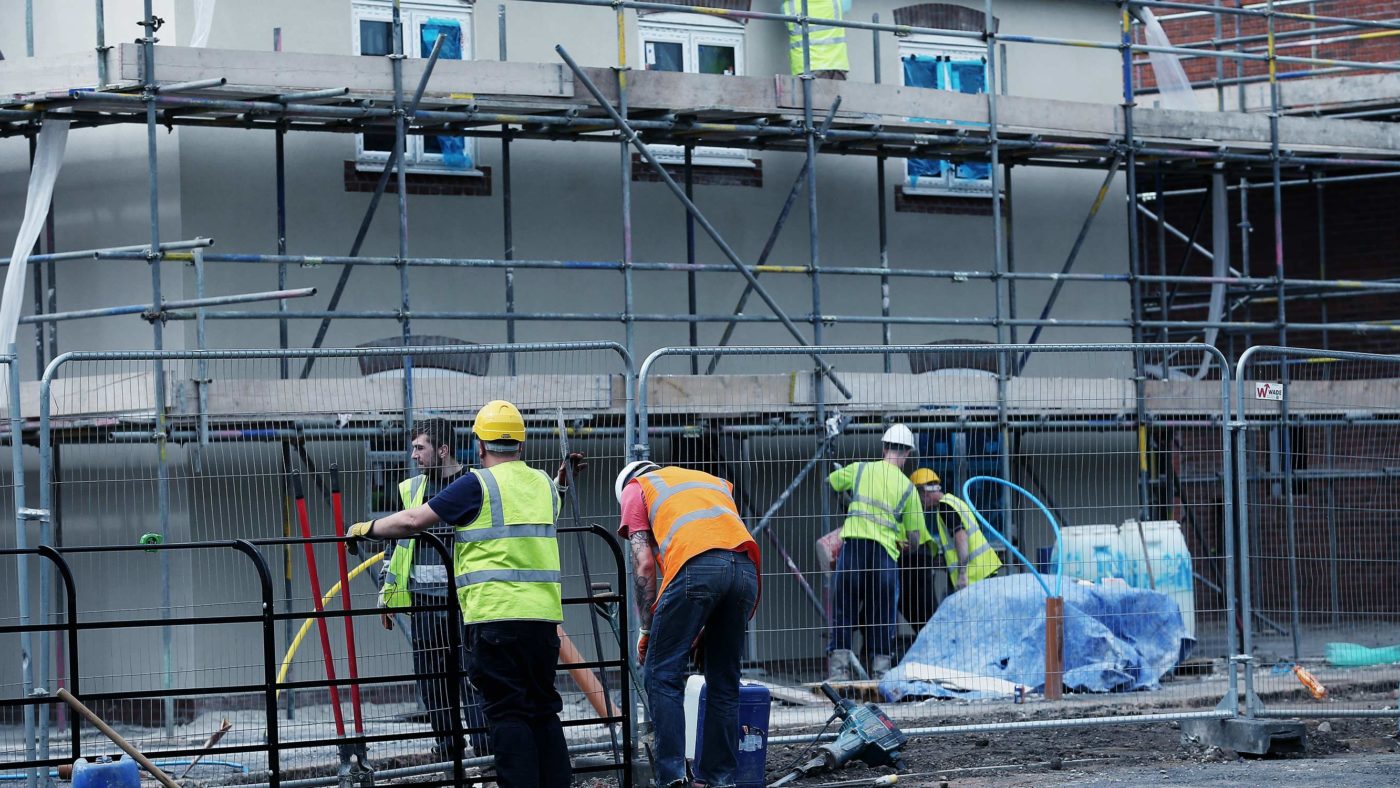Every so often, when the Conservatives are running low on ideas, there is talk of a “bonfire of the quangos”. It is one of those things which has been said so often, and followed through on so little, that it is well on the way to becoming meaningless ritual language, a sort of Tory equivalent of the Norman French employed at the state opening of Parliament.
But this week’s mind-boggling story about Natural England single-handedly stalling the construction of over 100,000 new homes is a timely reminder that getting a grip on the quasi-autonomous state ought to be a deadly serious ambition.
At a stroke, this body has brought the planning system to an effective halt in broad swathes of England. It has done this by the simple method of hugely expanding the scope of provisions to protect the purity of local water supplies.
Under this system, councils need to undertake a time-consuming and expensive survey on the impact on water quality for every single planning proposal that increases the number of overnight stays – this therefore includes, say, adding a bedroom to an existing home – in the areas affected.
These are not new rules; the basis for Natural England’s authority is actually retained EU law, and this regime has existed in one form or another for decades.
But the sudden and sweeping expansion of the scope of the regulations means that many councils now legally required to conduct these surveys have no experience of doing so and do not employ sufficient staff to do so either.
The result is panic, with local authorities basically freezing up the planning process until they can work out what to do. In some cases, this means adding a year or more onto the timelines they’re giving developers.
(If those developers were entirely dependent on these projects, that would mean they’d go bust. Happily, most hold a diverse portfolio of potential development sites to hedge against the malign whimsies of our planning system. This is what conspiracy-minded Nimbys decry as ‘land banking’.)
Is this nuts? Yes. Which is not to say it’s unpopular. According to a self-selecting survey accompanying that Times article, two thirds of readers agree with the rather loaded proposition that “Should protecting the environment take precedence over building new homes?”.
But to dig too deeply into the details of Natural England and its water policies misses the point. The real problem here is that such sweeping authority has been delegated to a body with minimal ministerial oversight and which the elected government cannot immediately overrule.
The whole business of democratic policymaking is balancing different priorities. A minister exercising power, or MPs drawing up legislation, have to take into account a broad range of competing concerns and interests when deciding policy.
Natural England does not. It has a defined remit, and the clue is in the name. It’s job, like the Lorax, is to speak for the trees – as well as the bats, Great Crested Newts, and sundry other rural things. If its policies happen to foul up the planning system, undermine economic growth and delay tens of thousands of people from getting a home of their own, well, that isn’t Natural England’s concern.
Now the Government is scrambling for a remedy and there are few to hand. Given the long pedigree of these regulations (albeit previously wielded by other bodies), it is unlikely that Michael Gove could avail himself of the provisions included in the Withdrawal Agreement Act for correcting ‘deficiencies’ in retained EU law. This is one of those things we have done to ourselves.
He might not need to draft a whole new bill for this specific instance; it has been suggested to me that a Legislative Reform Order (LRO), which the parliamentary website describes as ‘a specific type of delegated legislation that the Government can use to remove or reduce burdens that result directly or indirectly from legislation, or to promote principles of better regulation’, might do the job.
But even that is unlikely to be able to un-gum the system before the current regulations have caused months of delays, and that’s before we even consider the political resistance which might arise once the Nimbys inevitably discover that they are suddenly extremely passionate about a maximalist water purity regime they hadn’t heard of until a few days ago.
Unfortunately, what Natural England has done here is egregious but not unique. The waxing power of both courts and quangos is a consequence of laziness on the part of our lawmakers. As I wrote after another vital infrastructure project (Heathrow) got tripped up:
“Put bluntly, MPs have grown fonder and fonder of off-loading work to quangos whilst governments of all stripes have started to develop a taste for ‘legally binding targets’ or putting certain pledges ‘in law’.”
We desperately need a government which will start giving serious thought not just to policy (although even that would be nice), but to the machinery of government and the architecture of the state. Leaving the EU was only one step towards ‘taking back control’ – this latest planning disaster shows Parliament still has a long way to go in that regard.
Click here to subscribe to our daily briefing – the best pieces from CapX and across the web.
CapX depends on the generosity of its readers. If you value what we do, please consider making a donation.


